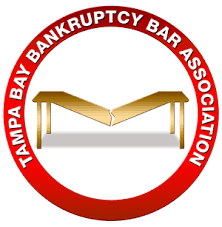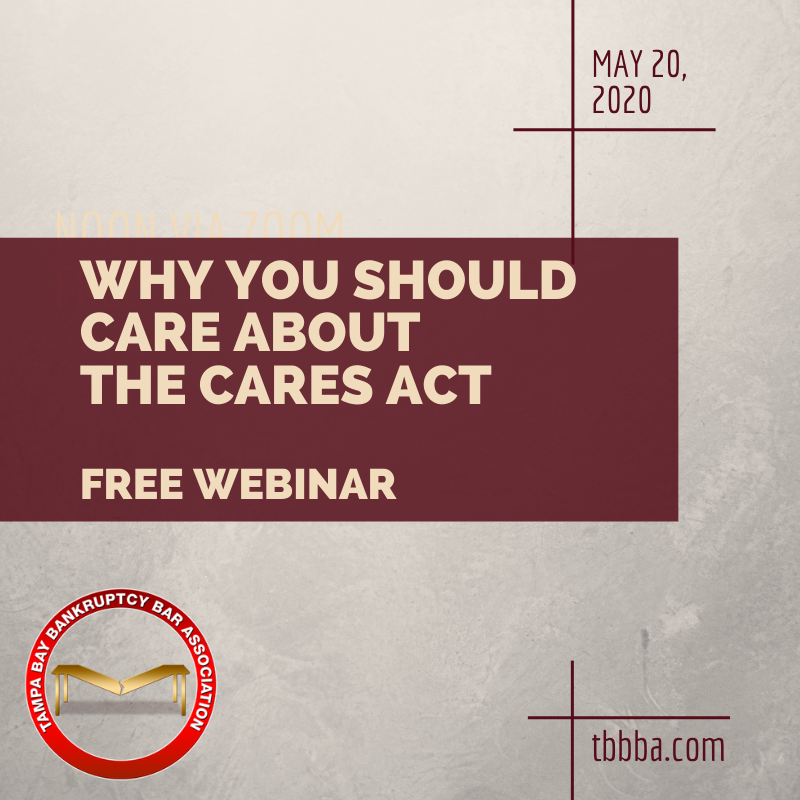I’m usually reluctant to talk much about pending bills recently introduced because so much can happen before a bill becomes a law. Remember that cartoon with the little bill walking from place to place? Wow, that dates me a bit.
But odds are something along these lines will get passed this year in part as COVID 19 relief: Student Borrower Bankruptcy Relief Act of 2019 and Protecting Homeowners in Bankruptcy Act of 2020 – the bill markups are found here.
If you have private student loans, we don’t need to wait for Congress. We frequently can discharge those private, high interest loans right now. If you’ve filed a bankruptcy if the past, we can reopen your case (as long as the bankruptcy pre-dates the loans themselves) and wipe the deck clear of many, if not most, private student loans.
 Reboot Your Life: Tampa Student Loan and Bankruptcy Attorney Blog
Reboot Your Life: Tampa Student Loan and Bankruptcy Attorney Blog





